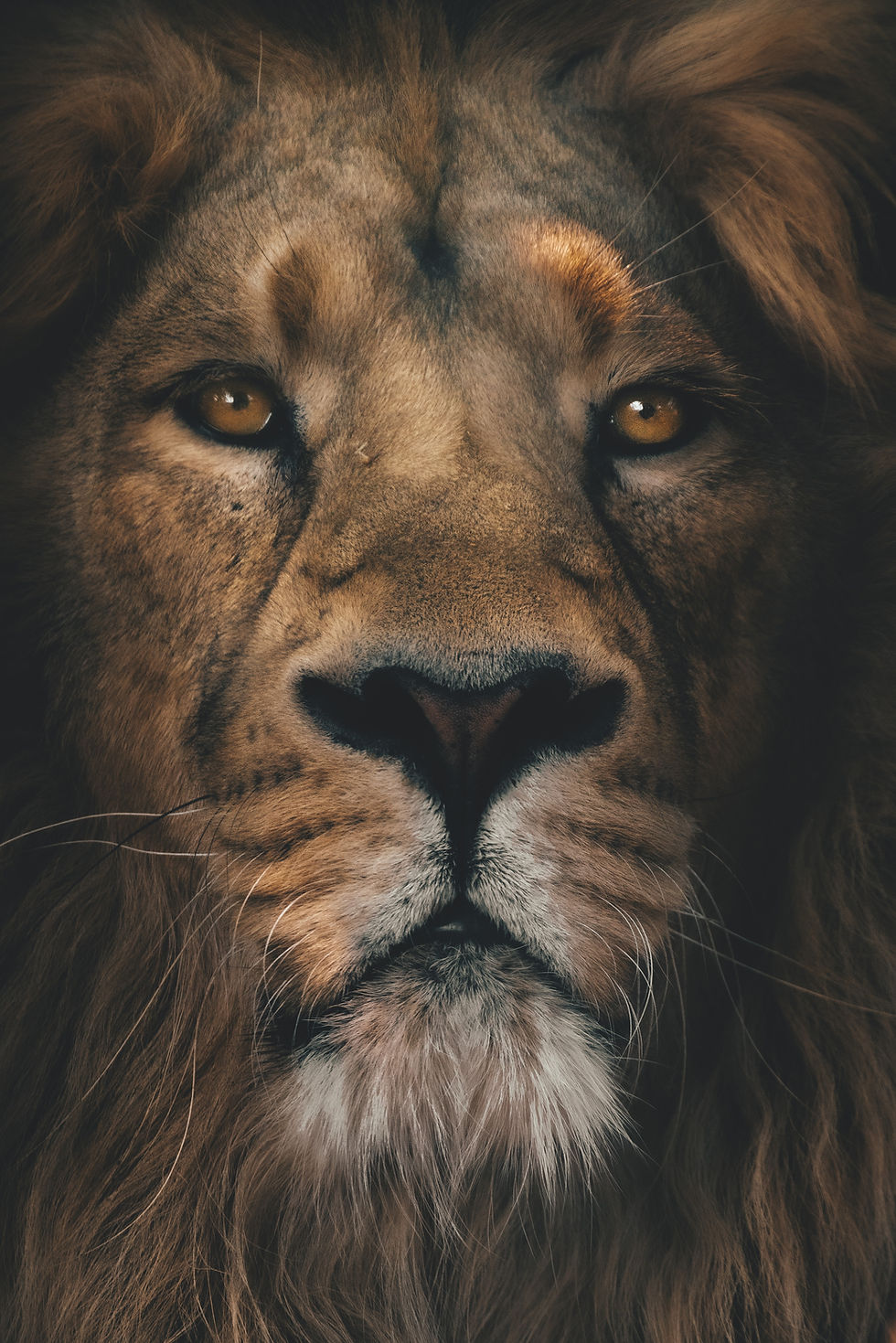Potnia: Mystery Goddess of Ancient Greece
- Sylvia Rose

- Jan 8, 2024
- 3 min read
Updated: Apr 30, 2024
Found as far back as the early Proto-Indo-European language c 4500 - 2500 BCE, the name Potnia has been interpreted as a Goddess, a group of goddesses or an honorary title. In Arcadia and Mycenaean Greece she's a combination of all three.
Read: Cult of the Fire God - Bronze Age Quest Adventure
See also:
An ancient Greek word, Potnia means Mistress or Lady. It comes to Classical Greece from the earlier Minoans and Mycenaeans, where it's applied to several Goddesses. In Minoan culture Potnia is associated with bees and beekeeping.
Read: Cult of the Fire God - Bronze Age Quest Adventure
She's called "Pure Mother Bee", a name also ascribed to Demeter. The term Potnia Theron, Mistress of Animals, is used to describe Artemis the Huntress, who's equated with an early Anatolian goddess associated with bees.
See also:
Potnia and Desponia share many traits. Desponia is revered in Arcadia, and Potnia comes to local myth from Minoa. Desponia also means Lady or Mistress. Connected to the Eleusinian Mysteries, Potnia and Desponia become cognate with Kore, then Persephone.
READ: Lora Ley Fantasy Fiction - German Mythology Adventures
Potnia, the Lady, appears in Minoan and Mycenaean culture in the Bronze Age as a deity of nature, cycles, birth and deat. Some scholars suggest she's a Minoan mother goddess. The earliest reference to the term Potnia is from Knossos, Crete, c. 1450-1300 BCE.
See also:
Potnia has a shrine in Pakijanes near Pylos at the southwest of the Peloponnese peninsula. Her male companion is the god figure Anax (Wanax), whose name means tribal chief, king or military leader.
Read: Cult of the Fire God - Bronze Age Quest Adventure
Potnia and Anax are honored during the festivals of the Eleusinian Mysteries with the words "Mighty Potnia has a strong son." The Lesser Mysteries happen in spring, a time to welcome new initiates into the cult.
See also:
The Greater Mysteries, in which novices are promoted to serve in the inner sanctum of the Divinities, occurs September / October. Every fourth year an especially elaborate festival is held to give thanks and sacrifice to Demeter, goddess of grain.
READ: Lora Ley Fantasy Fiction - German Mythology Adventures
A Minoan inscription from Crete refers to "potnia or Lady of the Labyrinth". She's a separate goddess associated with the royal family at the royal palace at Knossos. The Labyrinth is the domain of the Minotaur. References to "the potnia" appear at Lycos as well.
See also:
READ: Reiker For Hire - Victorian Detective Murder Mysteries
As an honorary, potnia is often combined with a name or description. Names or terms include potnia Hippeia, "Horse Goddess". At Knossos a tablet describes potnia Athana or Athena. Potnia Theron is Mistress of Animals, often given to divine huntress Artemis.
In Classical Greece, the title potnia is also applied to goddesses Demeter, Athena and Persephone. An earth goddess or personification of the Earth, Gaia first appears in Homeric literature of the 8th century BCE, and receives the title potnia.
See also:
Eventually, Potnia is equated with Despoina / Kore / Persephone of progressive Greek myth, and retires as an independent Goddess. Meanwhile, Persephone eats half a dozen pomegranate seeds in the underworld, and must stay with Hades for six months of the year.
See also:








